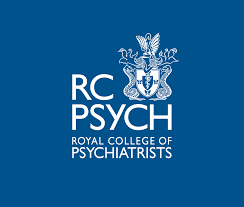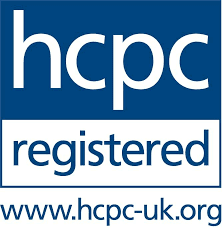Psychological Trauma in over 60s
Author: Dr Kavita Das
Consultant Older Adult Psychiatrist
Across the globe, demographics have gone through a change, with the number of older people rising as a result of improved lifestyle and medical services. Unfortunately, the availability of services in the UK, especially in mental health, have not responded proportionately to this change.
Some older adults may experience mental health difficulties. One such mental disorder is posttraumatic stress disorder, PTSD, which can occur or recur late in life. Some have lived through a lifetime of trauma apart from that due to major conflicts including WWI and WW2, epidemics, financial meltdowns, and personal loss. Being from India, I heard stories about people living under a foreign regime and then the vivid descriptions and narratives of the trauma endured by those who survived the partition into India and Pakistan. It is therefore to be expected that the prevalence of PTSD in this age group will be expected to be high.
However, given that this generation is hesitant about displaying or even discussing emotion, much of it remains unreported. There is also the issue about a lack of awareness and understanding of mental disorders that stand in the way of detection, treatment, and care. The cases that do come to our attention are merely the tip of the iceberg.
PTSD presents with feeling ‘on edge’ all the time, experiencing flashbacks and/ or nightmares of the trauma suffered, and avoidance of any circumstances or events that may remind the person of the trauma. Apart from the distress these symptoms cause, they can reduce day-to-day functioning significantly.
Professionals working with older adults require special understanding and skill to assess and treat this distinct group. This is due to the age-related factors such as bereavement, loss, loneliness, role changes, physical illness, and sensory impairments, to name just a few, which can interact with psychiatric symptoms and carry implications for care.
If you are affected by similar issues or know of somebody who is, please do not hesitate to seek professional help.








